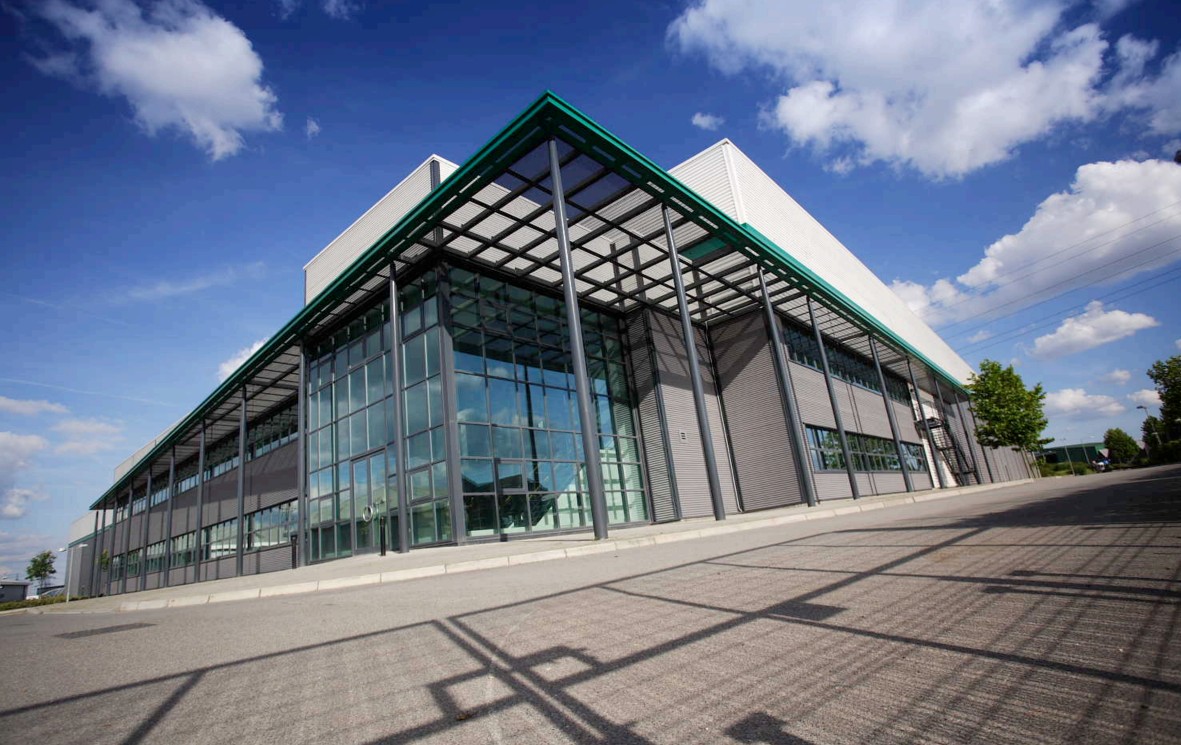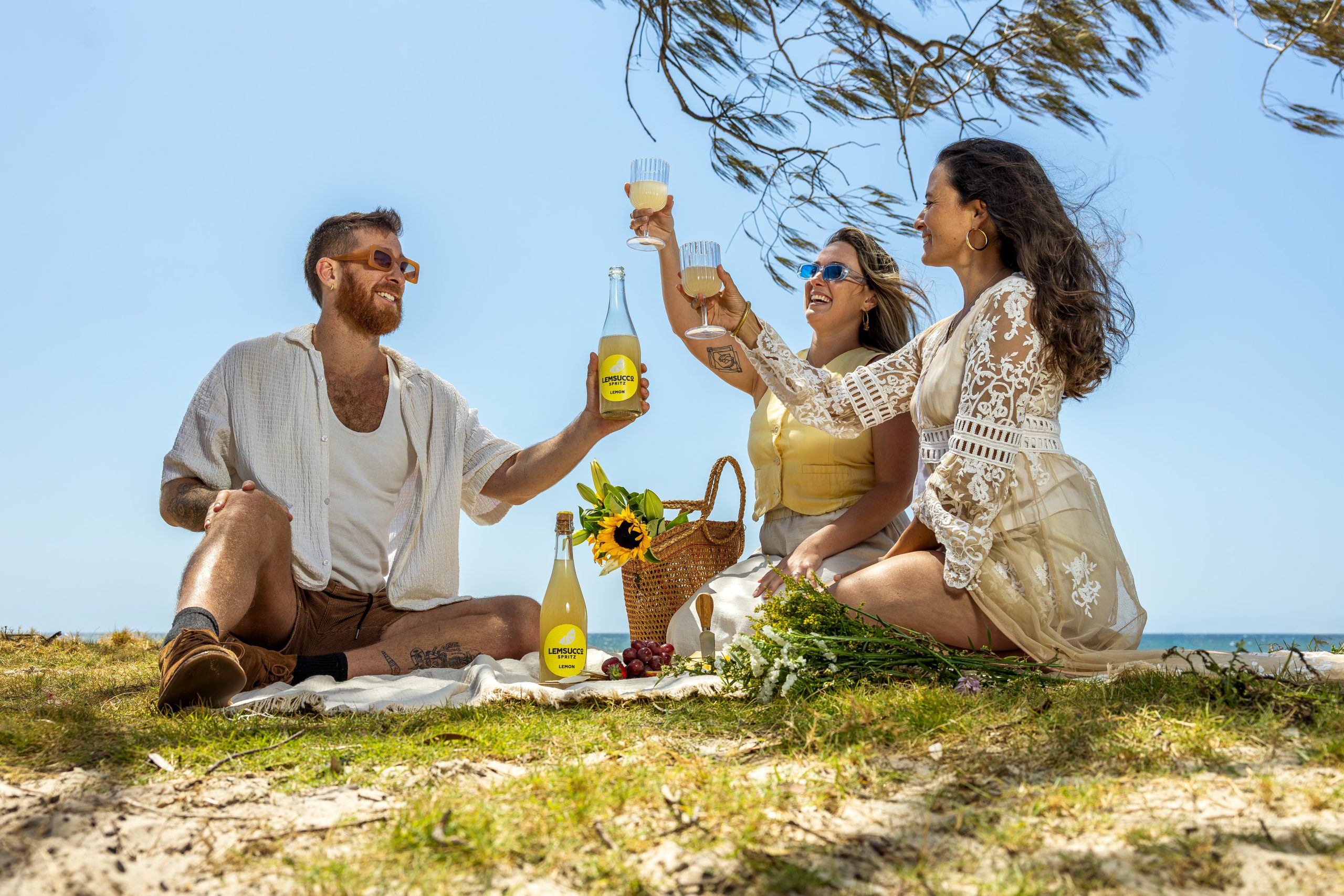Cantine Settesoli: preserving its ‘unequivocally Sicilian’ character for generations to come
Cantine Settesoli, a cooperative winery located on the coast of Sicily, prides itself on its commitment to sustainability, for both people and place, while staying true to its unique terrior.
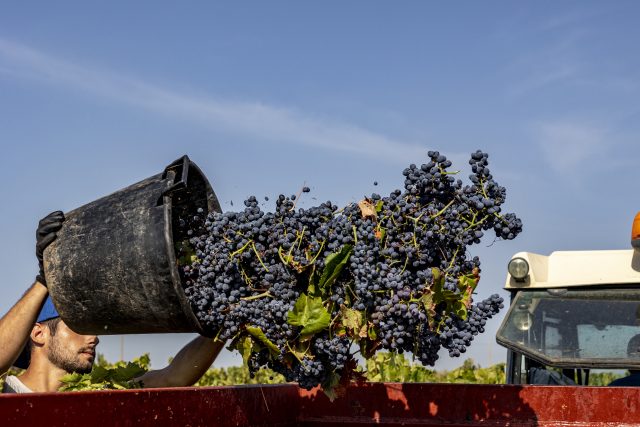
Cantine Settesoli, a cooperative winery with 2,000 members, produces the largest range of grapes in Sicily, growing 36 different cultivars over 6,000 hectares of vineyard.
Amounting to approximately 7% of the entire island’s vine cultivations, as many as 1,000 hectares are dedicated to certified organic cultivations, something the cooperative is passionate about.
“Sustainability has always been at the heart of Cantine Settesoli’s business strategy,” says Giuseppe Bursi, president of Cantine Settesoli. “We are working daily to have minimal impact on the environment, but also on the social and economics side,” he explains.
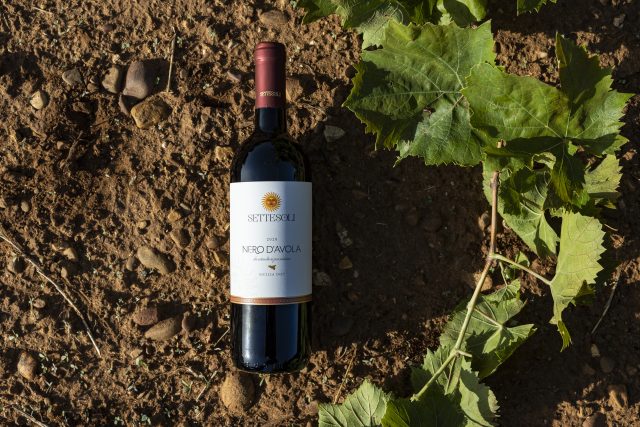
Cantine Settesoli bottles wine in a variety of different formats, including bag-in-box, providing containers of varying sizes in recyclable materials, ticking another box on the sustainability checklist. To keep in step with the latest consumer trends, Settesoli also has an organic vegan label, and the wines are high quality at an affordable price.
Sustainability is supported and encourages at every management level of Settesoli, from the Board of Directors and winegrowers to the wine cellar. A total of 5 people from the cooperative’s quality team are employed to work on the implementation of the company’s sustainability roadmap.
For Bursi, sustainability is vital not only in relation to the “ethical needs” of the business, but also acts as a “key driver of innovation and value creation for our company, our wines and stakeholders”.
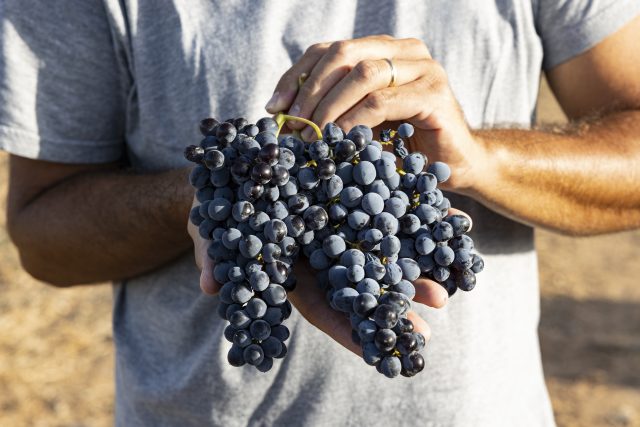
The cooperative’s green goals are also essential to retaining the purity and character of the region where Settesoli wines are produced. “Sicily is like a wine continent; every corner and district express grapes and wines in so many different ways,” Bursi says. And this is something to be proud of.
Partner Content
The wide variety of plantings only add to the identity of the territory, and international markets are key to the cooperative’s success. Settesoli produces 20 million bottles of wine per year, exporting 43% of products to 45 countries worldwide. Bursi praises the Consorzio Sicilia DOC for helping to spread the word about wines from the island, and today both Grillo and Nero D’Avola have gained notoriety worldwide, “like the real ambassadors of Sicily”, Bursi says.
SOStain Sicilia is a sustainability programme for Sicilian viticulture promoted by the Consortium for the Protection of Sicilian DOC Wines and by Assovini Sicilia with the purpose of certifying the sustainability of the regional wine sector.
The main goal of the Foundation is to promote the sharing of best practices aimed at respecting the ecosystem, stimulating research and higher education to develop a culture of sustainability at all levels, orienting production and consumption models to increase awareness in Sicily and elsewhere of the importance of the 2030 Agenda for Sustainable Development, and contribute to the achievement of the Sustainable Development Goals.
When it comes to sustainability, its international success is vital to the wellbeing of the people who help to create the wine, filtering money back into the local economy. Over two thirds (70%) of the 5,000 families in the Terre Sicane district of Agrigento are involved in the company’s activities in different ways, cultivating the vines and the future of Sicilian wine for a global market.
“We are a community of passionate growers that are working daily to produce clean, sustainable wines,” says Bursi.
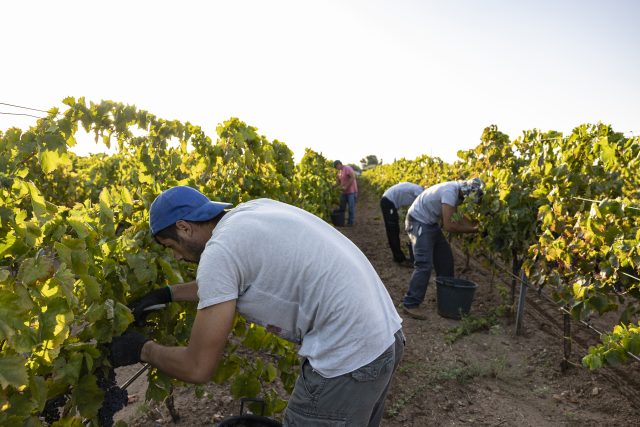
Of its 36 different cultivars, Nero D’Avola, Grillo, Chardonnay, Syrah take the top spots. But other native varieties — Inzolia, Frappato, Zibibbo, Grecanico, Perricone, Carricante, Nerello mascalese and Catarratto to name but a few — are also planted. “Each one produces wines of deep colour and flavour, with different structure, good acidity and soft-to-medium tannins,” says Bursi.
Speaking to the drinks business, the cooperative’s president hailed the sea breezes and calcareous soils as the reason for the “fantastic minerality and longevity” of Settesoli’s wines, giving them a character which can only be described as “unequivocally Sicilian”.

Related news
NZ Sauvignon Blanc: moving the Marlborough conversation on
Concha y Toro takes majority stake in Maison Mirabeau
Amarone della Valpolicella 2021: balance, precision and a more contemporary voice

